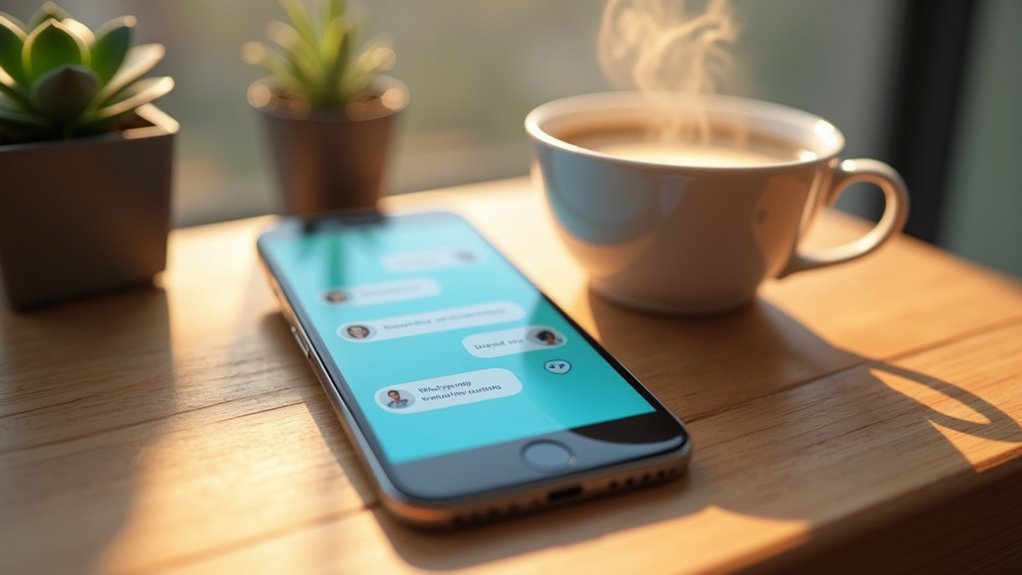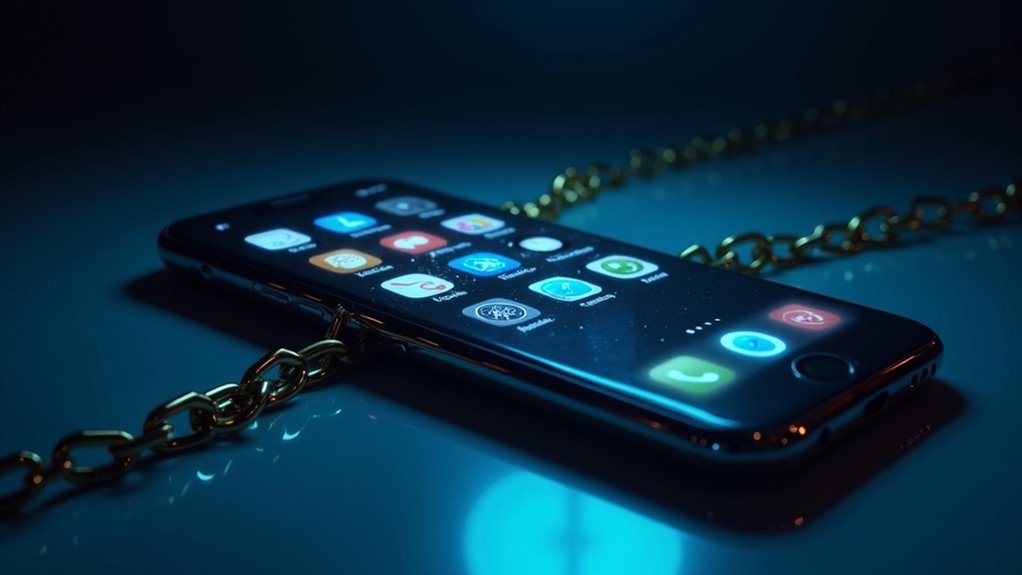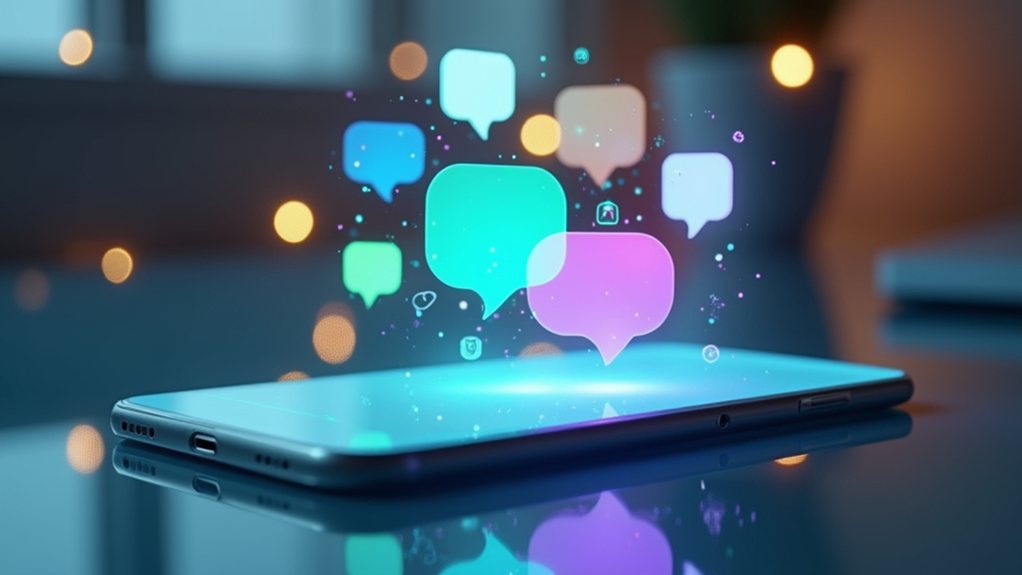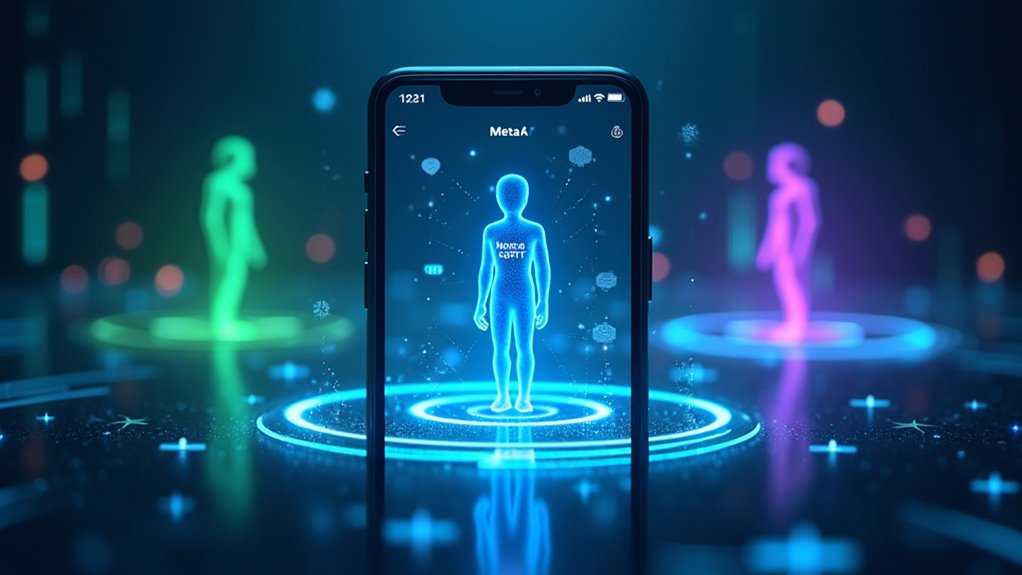Research shows saying “please” and “thank you” to chatbots actually gets you better results. Waseda University found polite prompts receive more accurate, thoughtful responses across multiple languages. Being rude? Expect more mistakes and ghosting from your AI buddy. There’s a sweet spot—moderate courtesy works best, not over-the-top flattery. Beyond just getting better answers, this digital politeness reinforces positive social habits. Who knew your kindergarten teacher’s lessons would apply to silicon relationships too?
Science suggests these polite people might be onto something beyond mere digital etiquette. Researchers at Waseda University discovered that saying “pretty please” to your AI actually gets you better results. Their groundbreaking study tested various chatbots with 150 different prompts and found that politeness consistently improved response quality across English, Japanese, and Chinese languages.
Think of it as digital karma. When you’re rude to ChatGPT, it’s more likely to make mistakes, display stronger biases, or straight-up ghost you by omitting important information. Your snarky command might save you two seconds of typing “please,” but cost you minutes deciphering a half-baked answer.
The sweet spot appears to be “moderate politeness.” Going overboard with flattery backfires—turns out AI gets just as uncomfortable with excessive compliments as your awkward cousin at family gatherings. Finding that Goldilocks zone of respectful communication yields the most structured, thoughtful responses. This approach aligns with Nathan Bos’s observation that AI understands requests more effectively when users employ polite language.
There’s something oddly profound about this discovery. The same social lubricant that helps humans avoid conflicts and enables cultural exchange works on our silicon-based conversation partners. When you ask an AI to “take a deep breath and work on this problem step-by-step,” it genuinely improves its math-solving abilities. However, it’s worth remembering that these interactions aren’t entirely private, as your carefully crafted polite prompts may be data collection points that contribute to AI training databases.
Sure, Sam Altman of OpenAI claims all those “thank yous” cost millions in extra processing power. But consider the tradeoff: better answers, clearer communication, and maybe—just maybe—reinforcement of good social norms that spill back into our human interactions. Treating AI with respect can become a healthy habit that reinforces virtuous design principles aimed at enhancing human skills rather than diminishing them.








